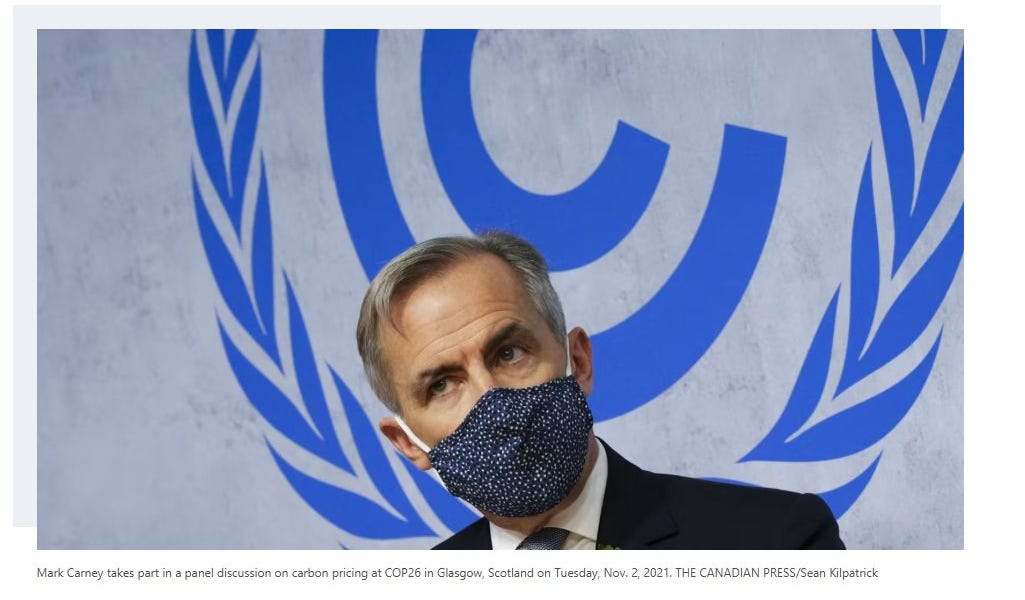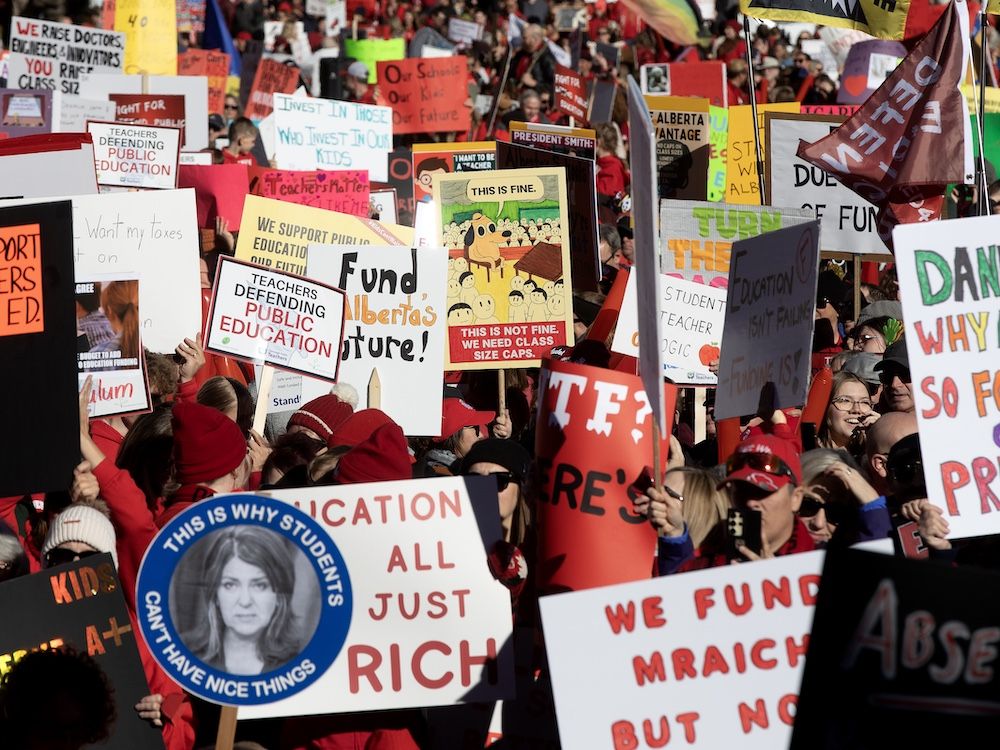
𝐓𝐡𝐞 𝐅𝐚𝐥𝐥 𝐨𝐟 𝐭𝐡𝐞 𝐍𝐞𝐭-𝐙𝐞𝐫𝐨 𝐁𝐚𝐧𝐤𝐢𝐧𝐠 𝐀𝐥𝐥𝐢𝐚𝐧𝐜𝐞: 𝐖𝐡𝐚𝐭 𝐂𝐨𝐦𝐞𝐬 𝐍𝐞𝐱𝐭 𝐟𝐨𝐫 𝐂𝐥𝐢𝐦𝐚𝐭𝐞 𝐅𝐢𝐧𝐚𝐧𝐜𝐞?
By KICLEI Contributor | October 2025
OCT 7
In what may mark the quiet end of an era in international climate finance, the UN-backed Net-Zero Banking Alliance (NZBA) officially voted on October 3, 2025, to cease operations and dissolve its membership-based structure. Initially launched by former Bank of England Governor and UN Special Envoy Mark Carney in 2021, the NZBA was once heralded as a cornerstone of the global push to align private finance with the goals of the Paris Agreement.
But just four years later, the high-profile coalition has unraveled—abandoned by its largest and most powerful members, and increasingly questioned by stakeholders across the political and financial spectrum.
𝐖𝐡𝐚𝐭 𝐖𝐚𝐬 𝐭𝐡𝐞 𝐍𝐙𝐁𝐀?
Formed under the Glasgow Financial Alliance for Net Zero (GFANZ) umbrella, the NZBA invited the world’s biggest banks to pledge that their lending and investment portfolios would align with net-zero emissions by 2050. It was a voluntary framework, but carried significant regulatory and reputational weight. The Alliance quickly grew in influence, tying in with ESG (Environmental, Social, and Governance) investment criteria and global carbon disclosure standards.
In theory, it was an innovative attempt to marry climate goals with market mechanics.
In practice, it ran aground on the rocks of democratic consent, economic realism, and shareholder backlash.
𝐌𝐚𝐬𝐬𝐢𝐯𝐞 𝐖𝐢𝐭𝐡𝐝𝐫𝐚𝐰𝐚𝐥𝐬 𝐢𝐧 𝟐𝟎𝟐𝟒–𝟐𝟎𝟐𝟓
Beginning in late 2024, the NZBA began hemorrhaging members—first in the United States, then Canada, and finally Europe:
• JPMorgan Chase, Citigroup, Goldman Sachs, Morgan Stanley, Bank of America, and Wells Fargo all withdrew under growing political and shareholder scrutiny.
• By January 2025, Canada’s “Big Six” banks—RBC, TD, Scotiabank, BMO, CIBC, and National Bank—had also left the alliance.
• HSBC, once a vocal proponent, exited in July 2025, signaling the unraveling was complete.
The exodus reflected increasing discomfort with top-down frameworks that, according to critics, threatened national sovereignty, investor autonomy, and traditional industries—especially in energy-producing nations like Canada.
𝐀𝐧 𝐀𝐥𝐥𝐢𝐚𝐧𝐜𝐞 𝐓𝐡𝐚𝐭 𝐎𝐮𝐭𝐫𝐚𝐧 𝐈𝐭𝐬 𝐌𝐚𝐧𝐝𝐚𝐭𝐞?
The NZBA’s closure is more than bureaucratic. It is a watershed moment, illustrating the limits of global governance without public accountability.
When financial institutions—tasked with risk management, fiduciary duty, and economic development—are instead pressured into aligning with UN climate goals, the question becomes: Whose priorities are they really serving?
The retreat of major banks suggests they no longer believe net-zero commitments are financially sustainable—or publicly defensible.
𝐌𝐚𝐫𝐤 𝐂𝐚𝐫𝐧𝐞𝐲’𝐬 𝐂𝐫𝐞𝐝𝐢𝐛𝐢𝐥𝐢𝐭𝐲 𝐢𝐧 𝐐𝐮𝐞𝐬𝐭𝐢𝐨𝐧
At the heart of the NZBA’s rise and fall is Mark Carney—long considered a darling of global finance and climate policy.
A former central banker turned climate czar, Carney has occupied pivotal roles in the UN, Bank of England, Bank of Canada, Brookfield Asset Management, and now the Canadian Prime Minister’s Office. His global reputation was built on the very frameworks that the world’s largest banks just walked away from.
Now, with the collapse of NZBA, Canadians are right to ask:
What does it say that Carney’s climate frameworks are being rejected by the very institutions he once led?
More importantly, can Canadians rely on a Prime Minister who has spent his career serving global institutions—not local economic interests?
𝐖𝐞𝐚𝐥𝐭𝐡, 𝐓𝐫𝐚𝐧𝐬𝐩𝐚𝐫𝐞𝐧𝐜𝐲, 𝐚𝐧𝐝 𝐈𝐧𝐟𝐥𝐮𝐞𝐧𝐜𝐞
Public records ahead of the 2025 election placed Carney’s wealth at an estimated $6 million CAD—a fraction of his peers in global finance and governance. By comparison:
• Larry Fink (BlackRock): US $1.2 billion
• Jamie Dimon (JPMorgan Chase): US $2.5 billion
• Christine Lagarde (ECB): US $20 million
• Janet Yellen (US Treasury): US $20 million
• Michael Bloomberg (Co-Chair GFANZ): US $96 billion
Whether this contrast is evidence of humility, obfuscation, or something else entirely remains unclear. But the discrepancy has raised eyebrows about what
Canadians are allowed to know about their leader’s true financial interests.
𝐖𝐡𝐚𝐭 𝐂𝐨𝐦𝐞𝐬 𝐍𝐞𝐱𝐭?
With the NZBA gone, global green finance faces a vacuum. New frameworks may emerge, but public skepticism is growing. Around the world—and especially in Canada—citizens are asking harder questions:
• Who authorized these climate commitments?
• Who benefits from ESG scoring and carbon disclosure mandates?
• What are the real costs to jobs, exports, and national industries?
More importantly, will citizens or elites decide the future of economic strategy?
https://kiclei.substack.com/p/the-fall-of-the-net-zero-banking
Abolish the teachers' unions
Alberta strike cancelling classes across the province shows unions have far too much power
https://nationalpost.com/opinion/carson-jerema-abolish-the-teachers-unions
Tamara & Chris sentenced. The Message is Clear: Dissent is Now a Crime.
Writer: Timothy Knight
Timothy Knight
1 hour ago
2 min read
ree
Tamara Lich and Chris Barber got 12 months of house arrest today for “mischief.”
Not violence.
Not property damage.
Mischief.
Peaceful Canadians—criminalised for daring to speak out. The same justice system that drops charges for real crimes and lets violent offenders walk free spent three years trying to break two people who stood for freedom.
The Crown had outrageously demanded seven years in jail to make an example out of them.
Why?
To warn you.
To scare anyone who might ever peacefully defy the state again.
Even the judge admitted Chris Barber “came with the noblest of intent” and never called for violence.
But it didn’t matter. They needed bogeymen.
We remember all the others:
Maxime Bernier was handcuffed in Manitoba for speaking at a peaceful rally.
Mark Friesen was fined thousands for organizing gatherings.
Randy Hillier saw convoy charges stayed after years of harassment.
Todd Dube was ...
So Where Is Poilievre Regarding The Ostrich Fiasco ?
https://peckford42.wordpress.com/2025/10/07/so-where-is-poilievre-regarding-the-ostrich-fiasco/















